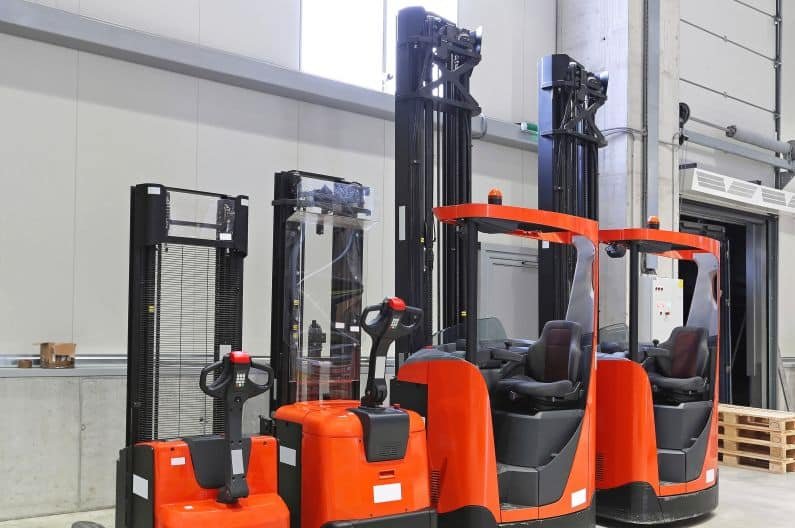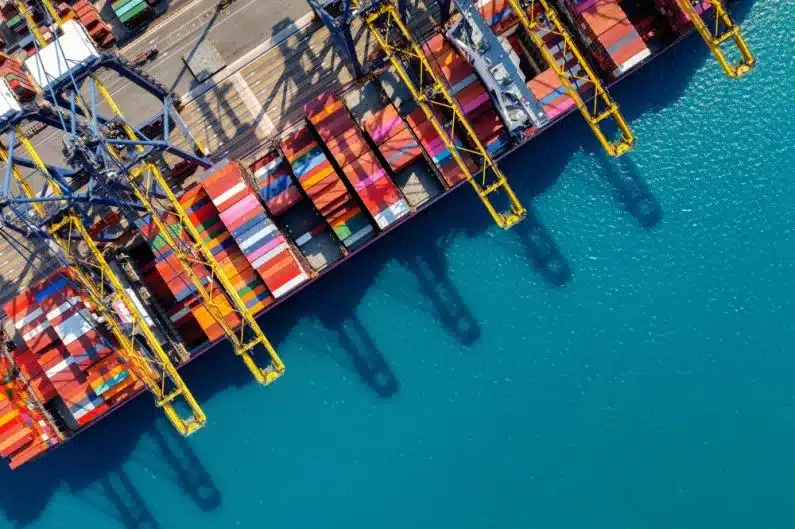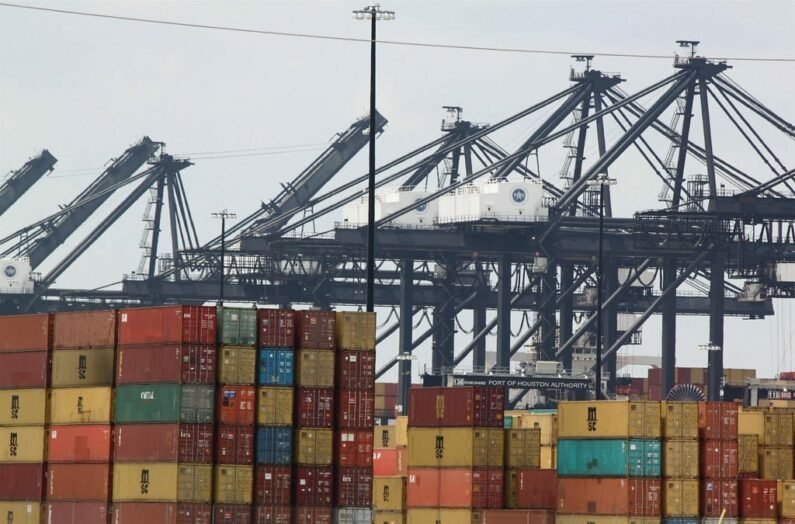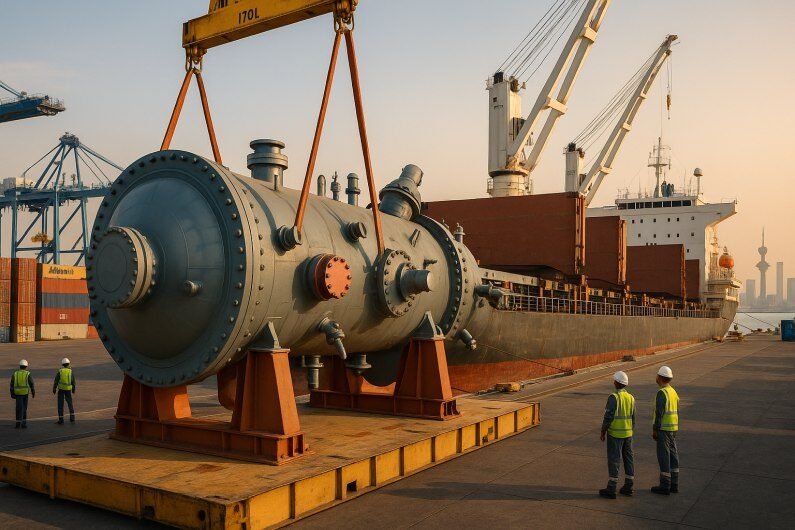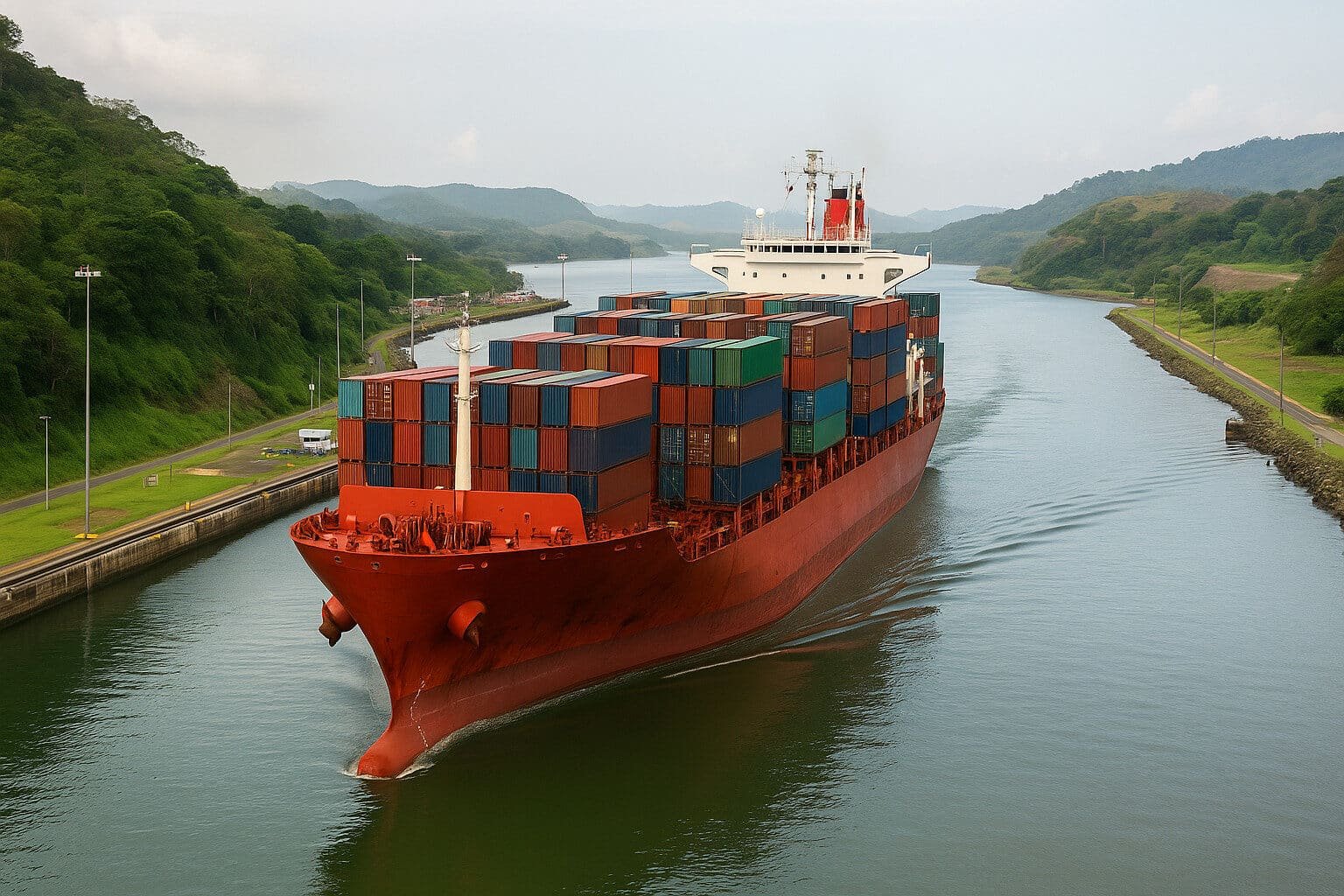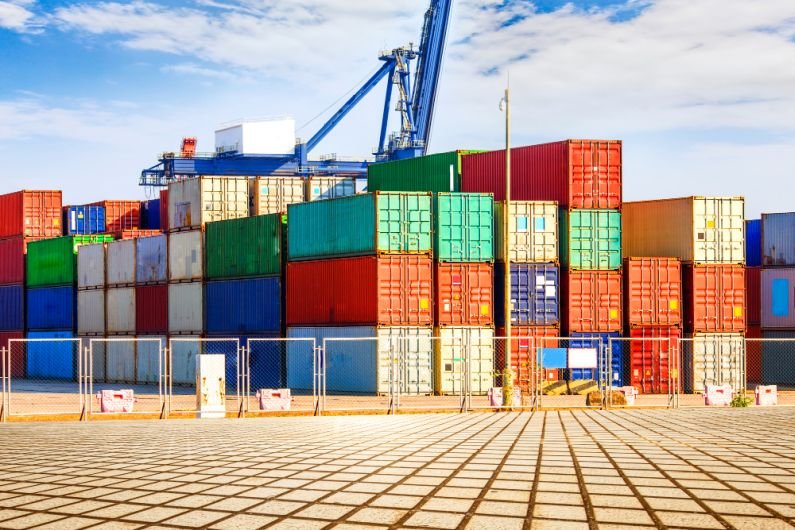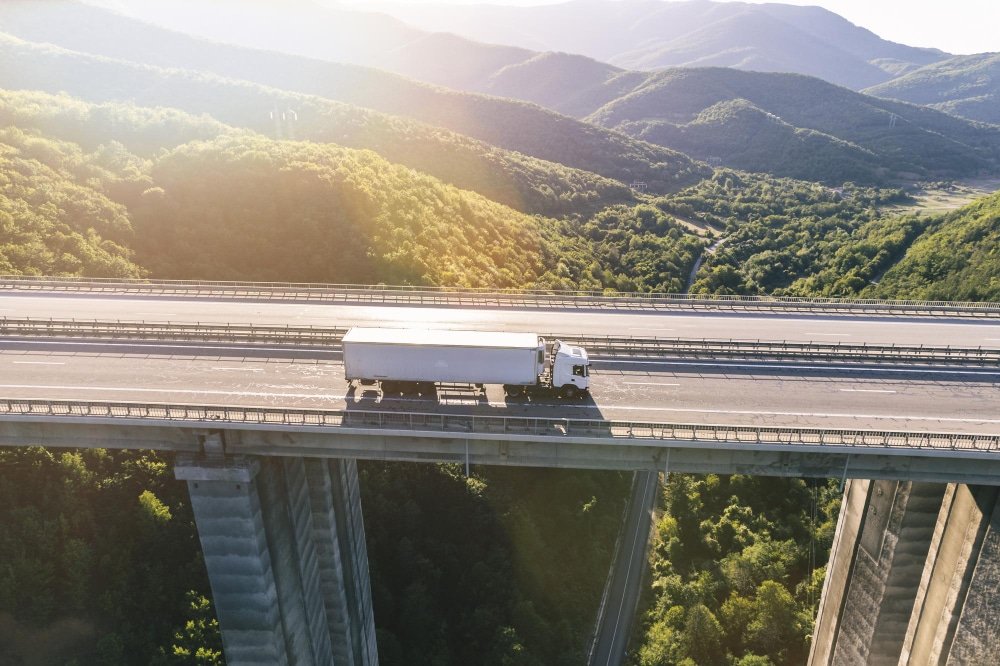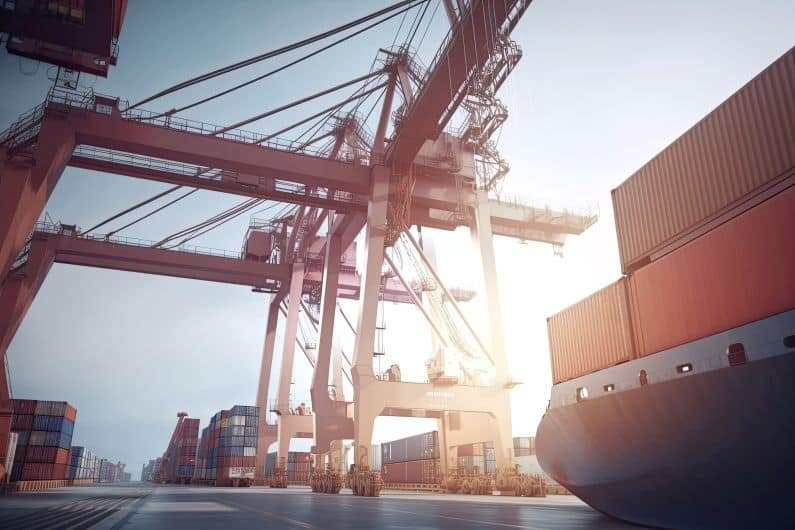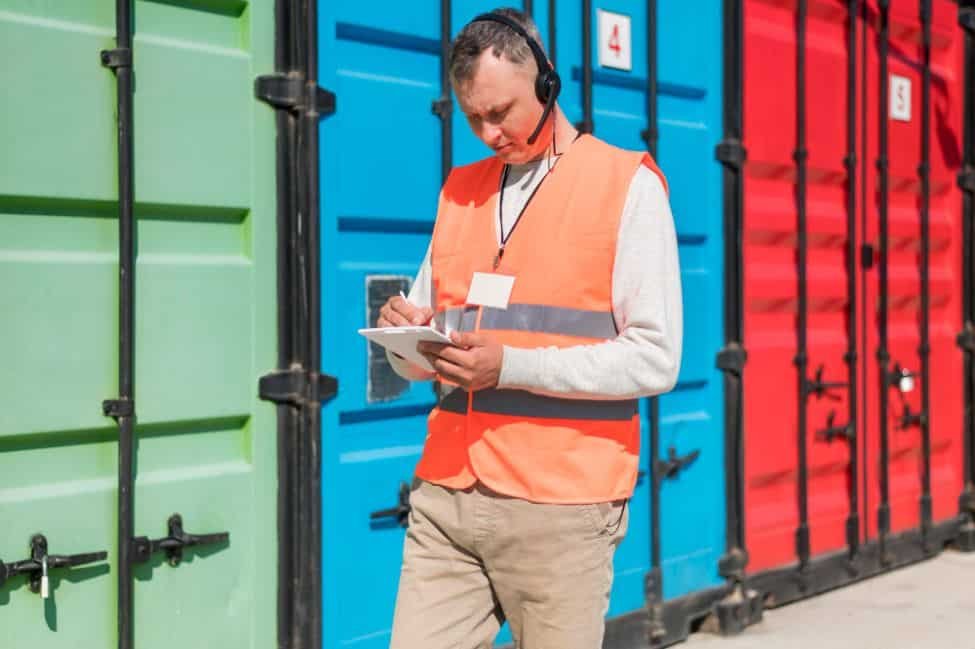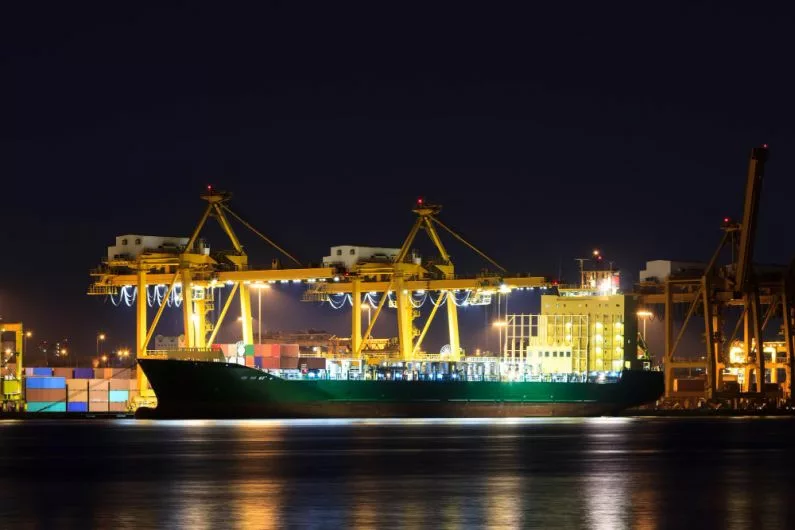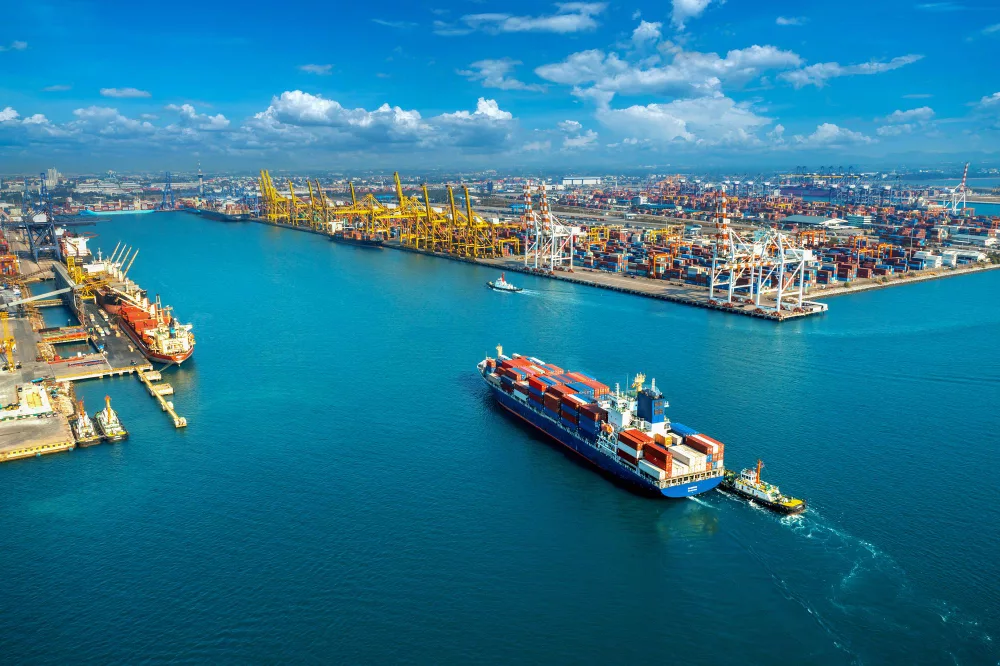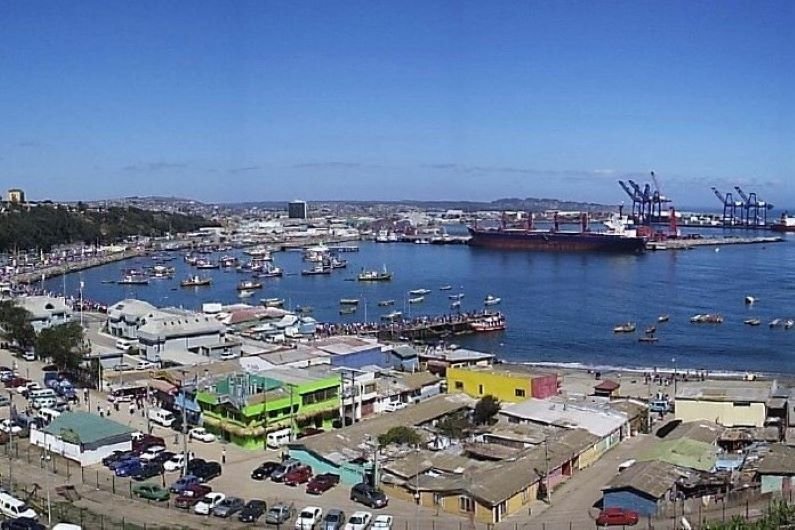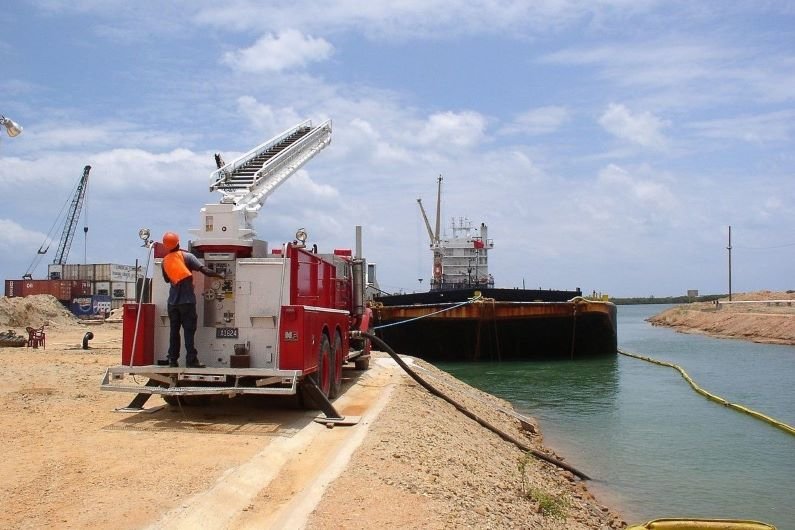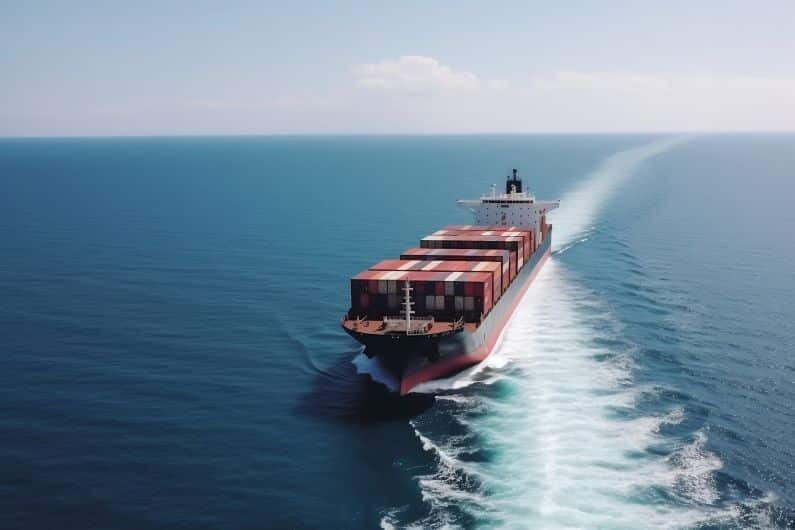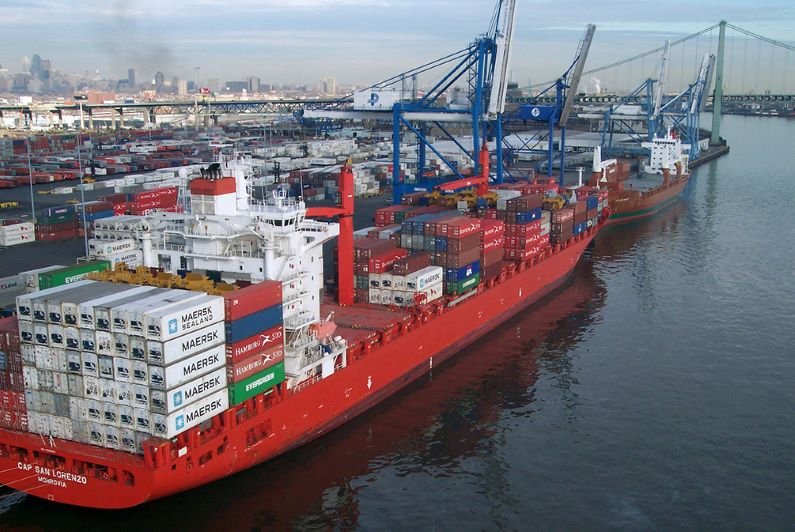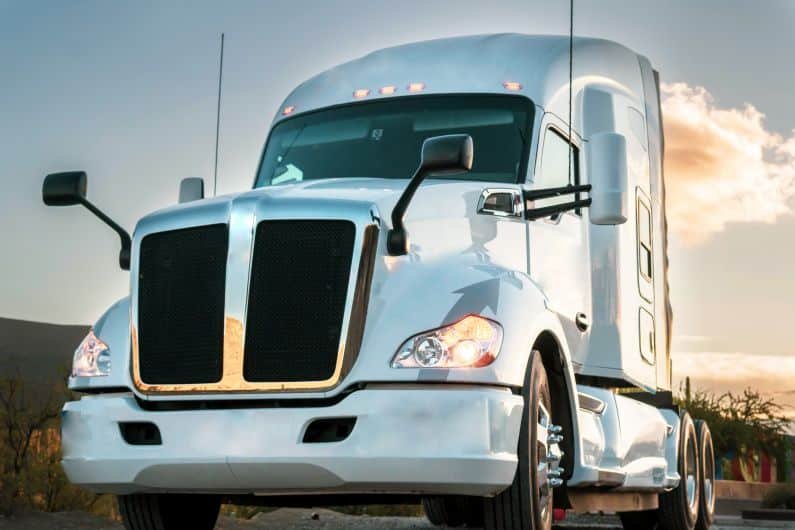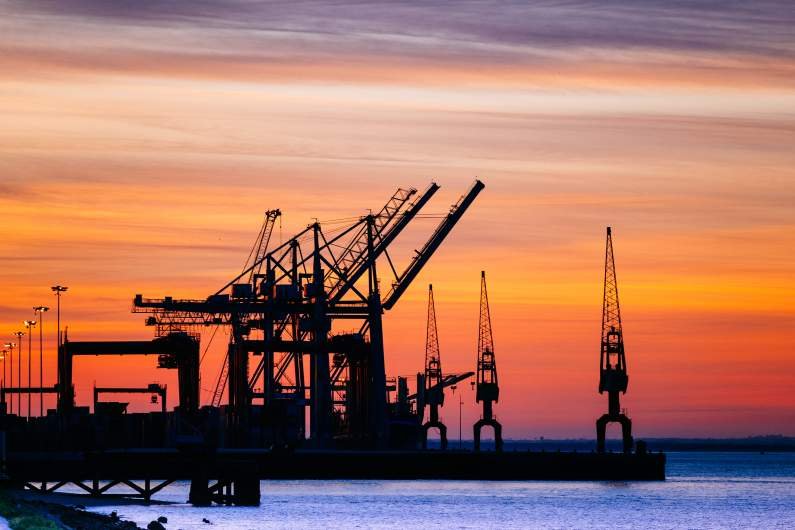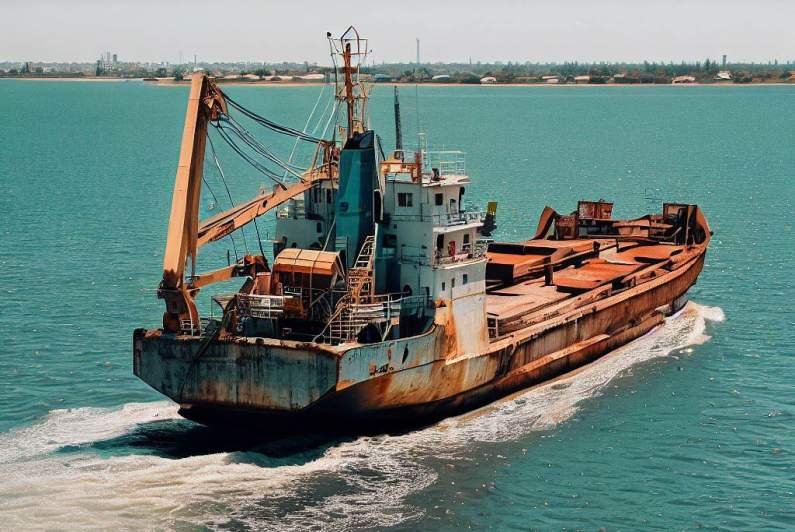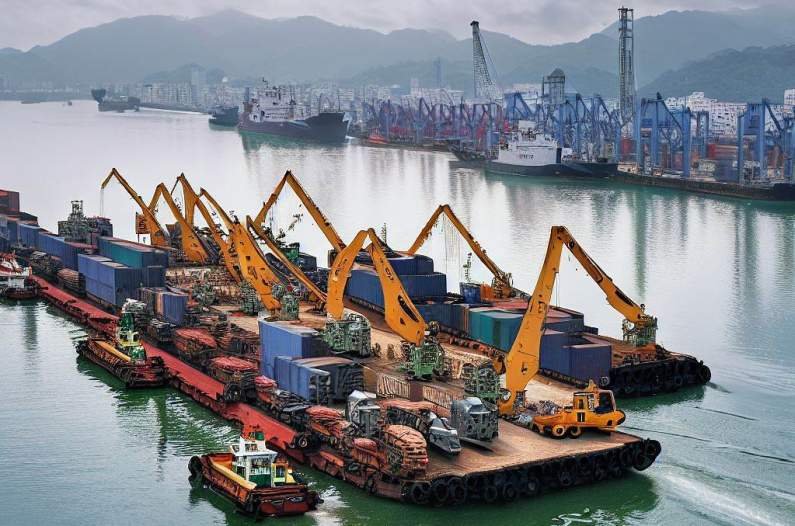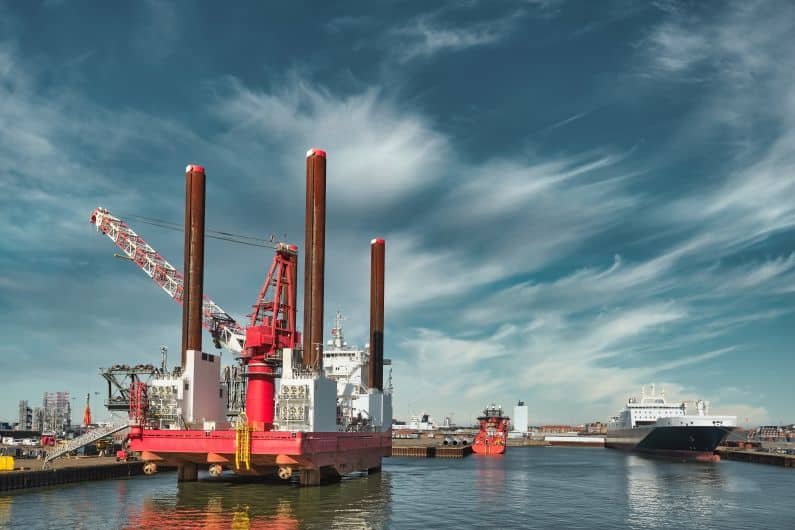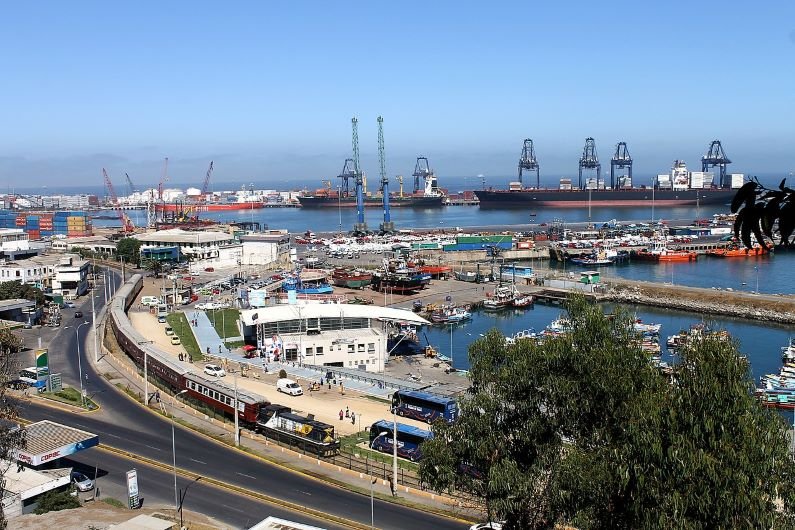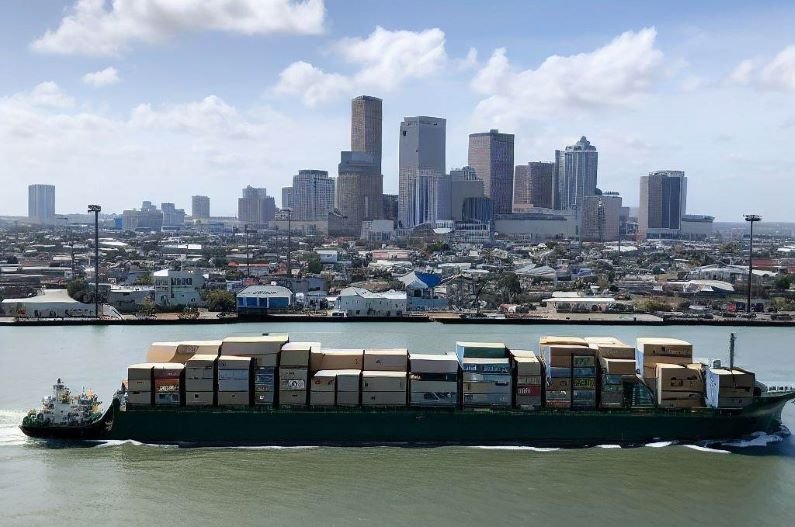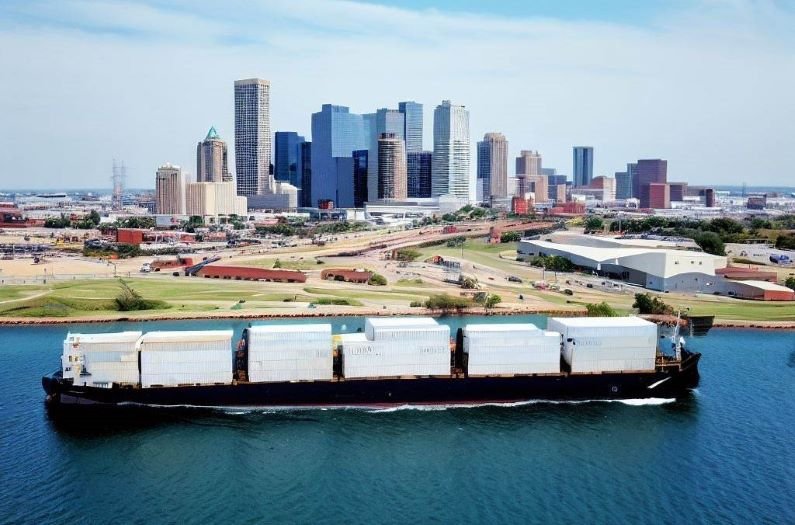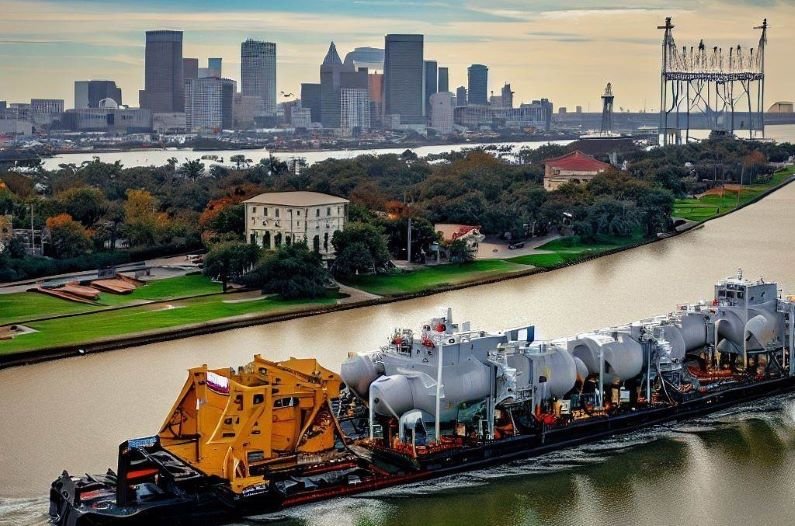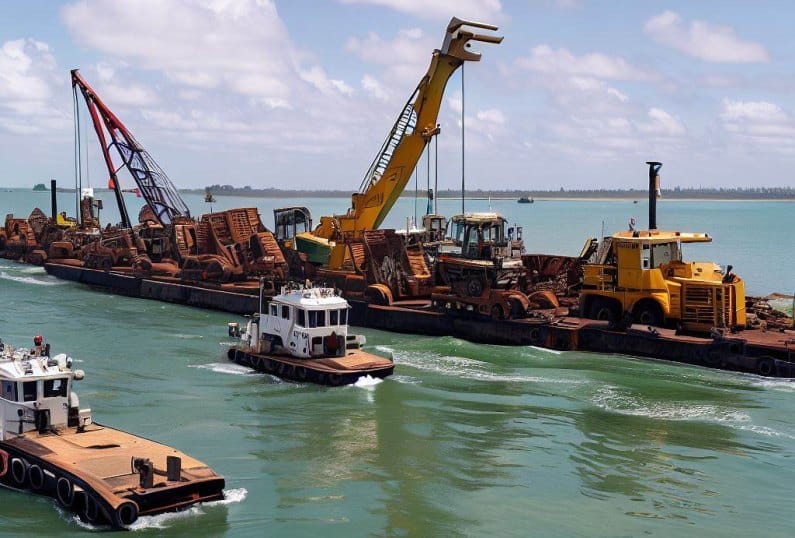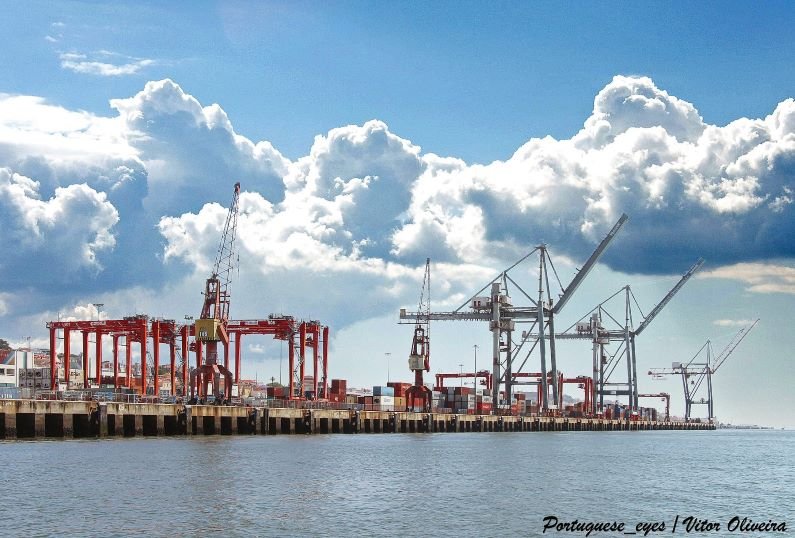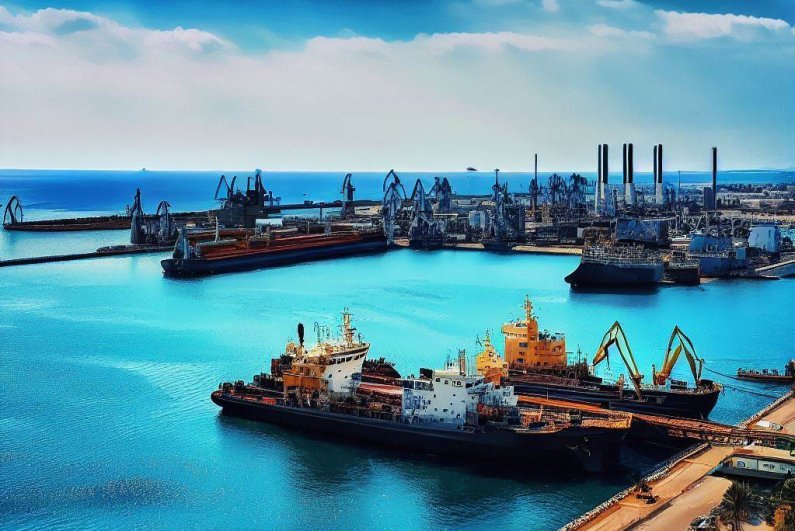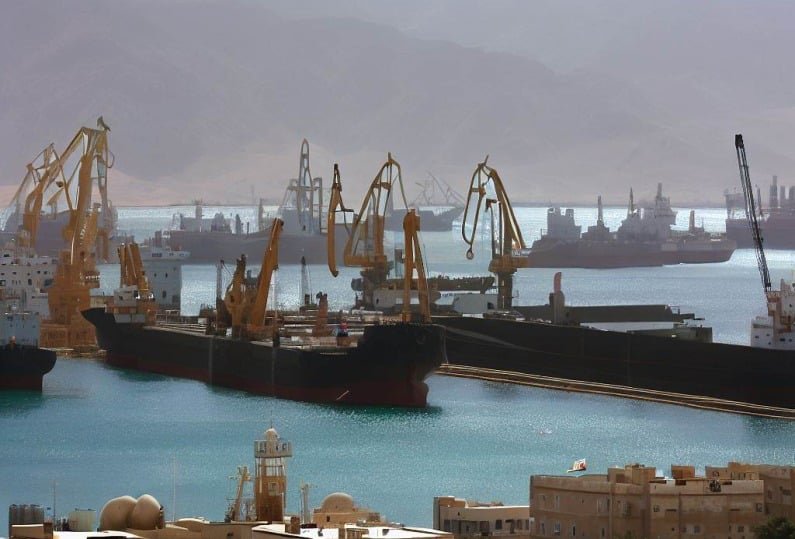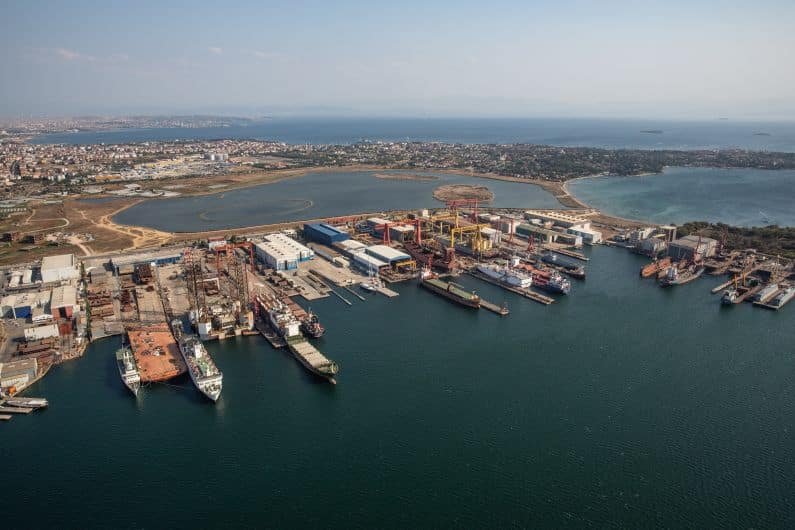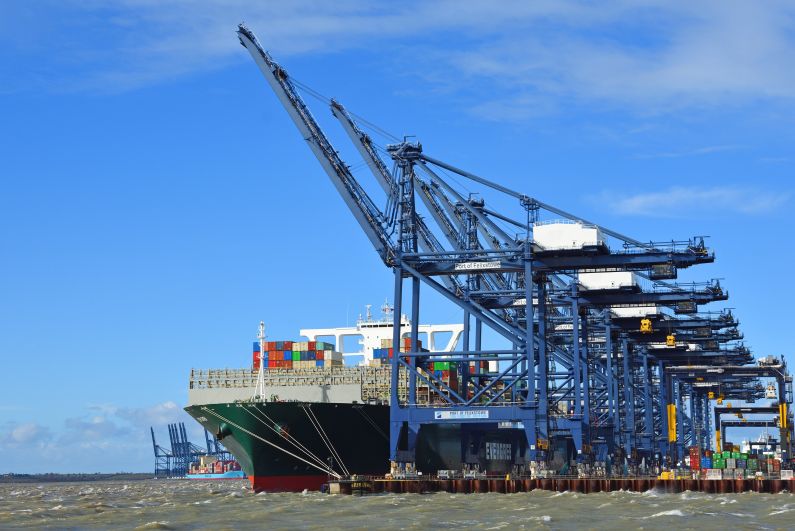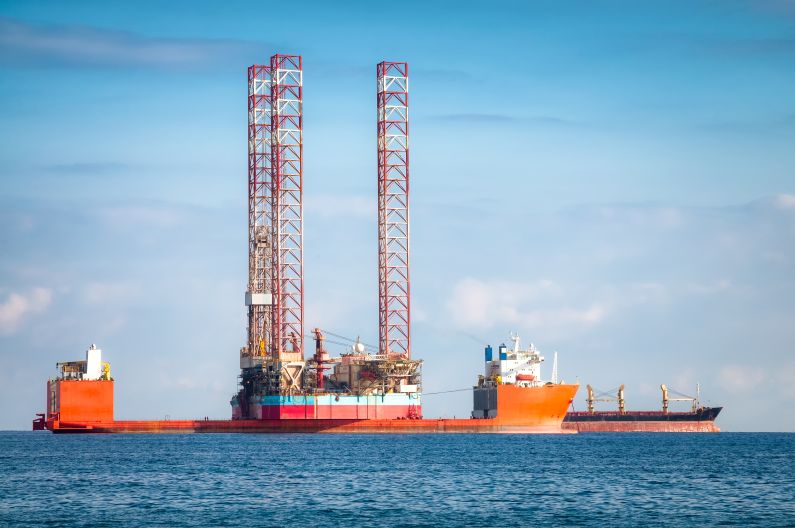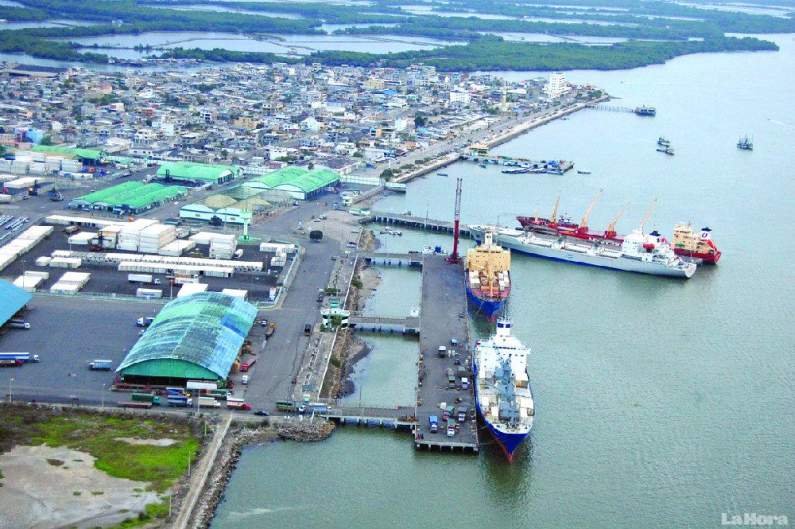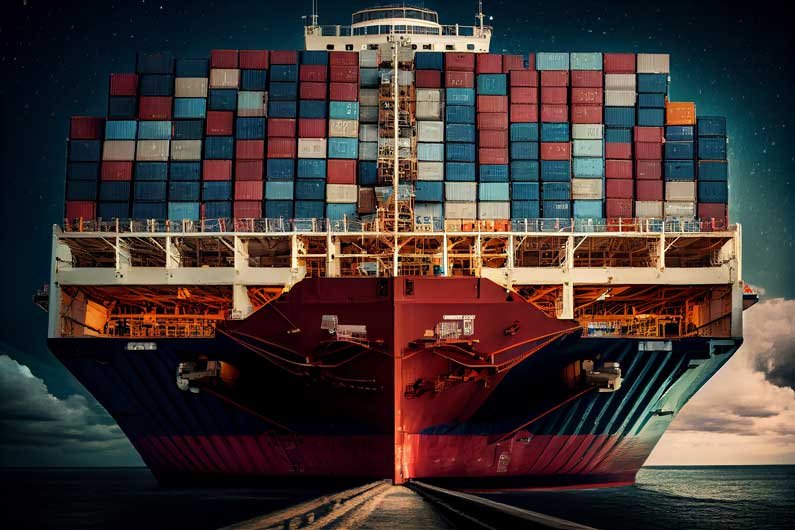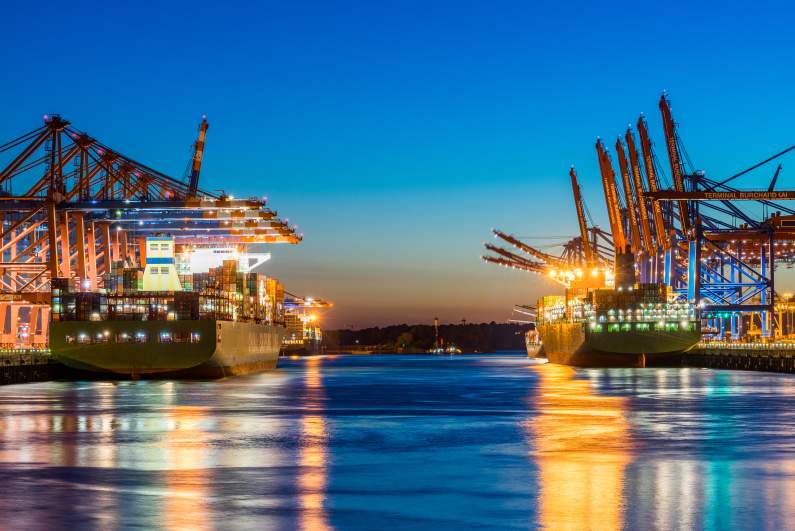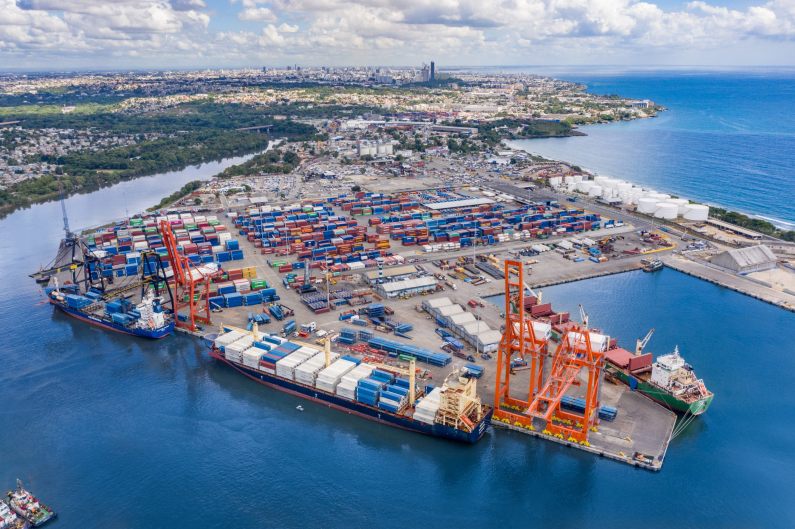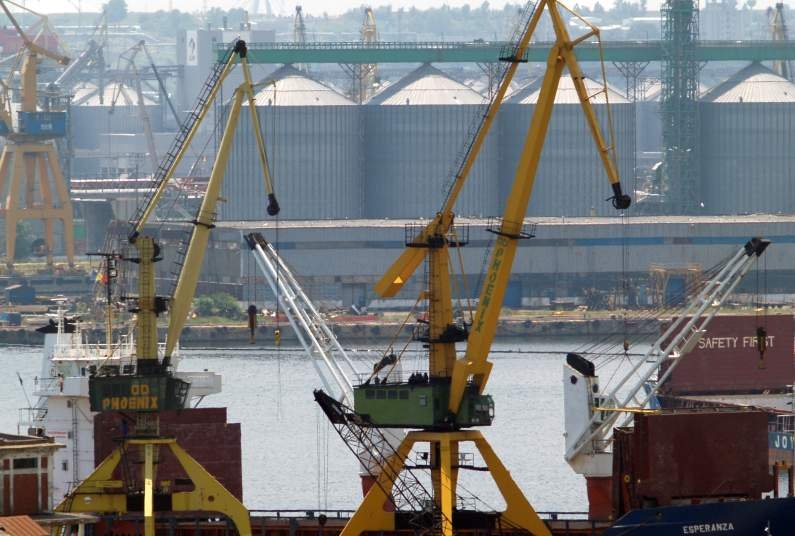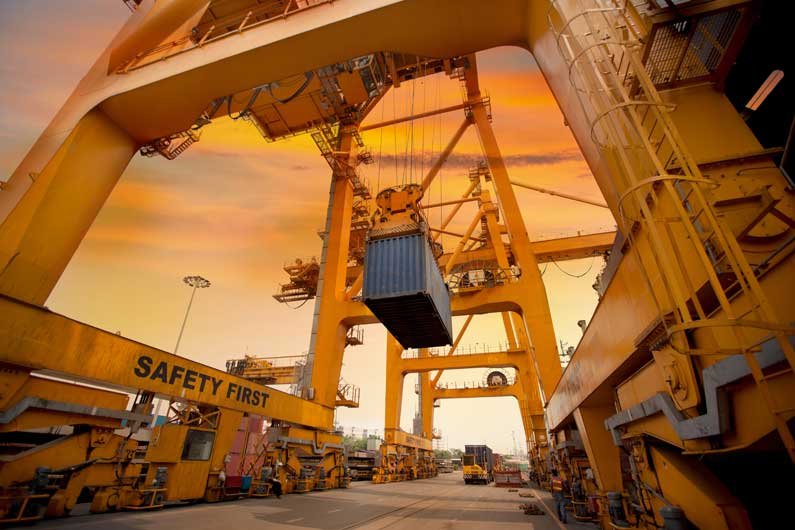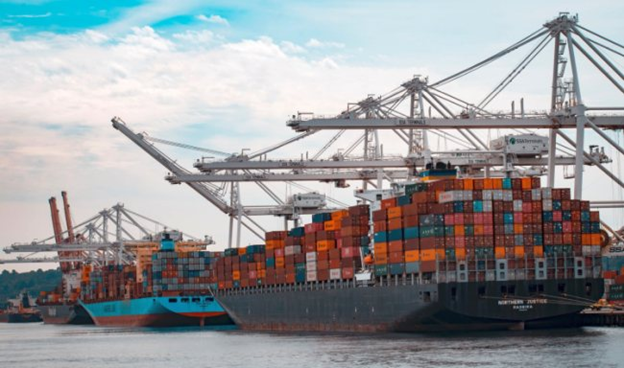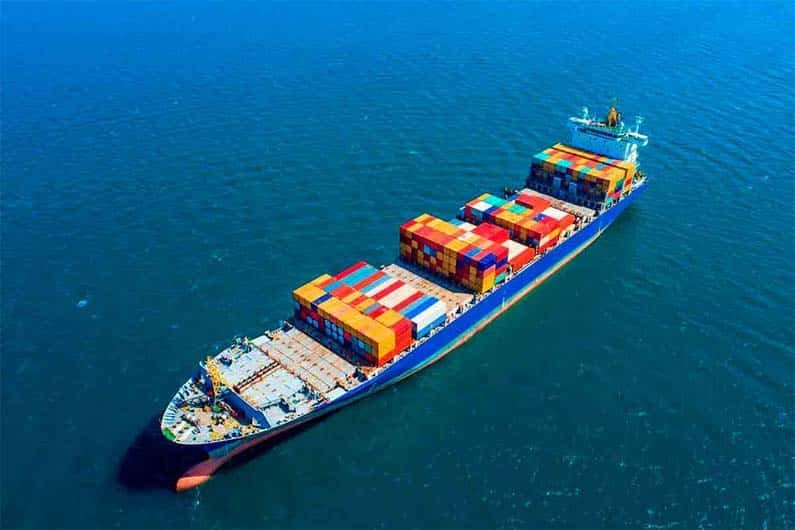Shipping forklifts, the vital machinery that drives efficient operations in warehouses and industries, requires careful planning and execution.
Shipping forklifts domestically or internationally requires careful attention to the unique challenges involved. Choosing the right mode—road, air, or sea—depends on dimensions, timelines, and budget.
Get your forklift from point A to point B without the headaches.
We break down the shipping process into simple, actionable steps that save you time and money. For specialized packing and securement, see our export packing and blocking & bracing services.
Understanding Forklift Types and Leading Brands
Before delving into the shipping process, it’s crucial to understand the diverse world of forklifts.
Different types of forklifts are designed for specific tasks and environments, and their dimensions and operational characteristics can significantly impact shipping requirements. Common forklift types include:
- Counterbalance Forklifts: The most common type, used for general lifting and moving.
- Reach Trucks: Designed for narrow aisles in warehouses, extending their forks to reach high shelves.
- Pallet Jacks (Pallet Trucks): Used for moving pallets, available in manual and electric versions.
- Order Pickers: Allow operators to pick individual items from shelves at various heights.
- Rough Terrain Forklifts: Built for outdoor use on uneven surfaces, often found on construction sites.
- Side Loaders: Ideal for handling long loads in narrow aisles.
- Telehandlers (Telescopic Handlers): Versatile machines with a telescopic boom, offering greater reach and lift height.
Leading forklift manufacturers whose models are frequently shipped include: Toyota Material Handling, Kion Group (brands like Linde and Still), Jungheinrich, Crown Equipment Corporation, Hyster-Yale Materials Handling, Mitsubishi Logisnext (brands like Cat Lift Trucks and UniCarriers), and Clark Material Handling Company.
Understanding the specific model and brand can help in planning the precise logistics for transportation.
When units exceed standard dimensions or weights, our heavy haul trucking team selects the right trailer type and routing.
The Shipping Process of Forklifts
Shipping a forklift requires comprehensive understanding and careful preparation.
This begins with pre-shipping processes such as cleaning, securing loose parts, and performing a thorough inspection to ensure the forklift is in good operational condition.
Key logistics terminology like a Bill of Lading and the role of a freight forwarder are essential throughout this process.
Choosing the right mode of transport, whether by road, rail, sea or air, depends on factors such as distance, timing, cost and regulations.
The best choice will cater to your specific needs and circumstances, often guided by Incoterms like FOB, CIF, or EXW, which define responsibilities between buyers and sellers.
For ocean moves, compare container shipping, RoRo (roll-on/roll-off), or breakbulk depending on size and lift points. For urgent moves or high-value units, consider air freight or air charter.
Domestic Shipping of Forklifts
Shipping a forklift within the US entails adherence to specific regulations and safety guidelines.
Transporting a forklift within the same state or across the country requires a solid understanding of the applicable rules.
State oversize permitting and securement requirements vary; our truck transportation team arranges permits and escorts where needed, and for partial loads we can evaluate LTL solutions with proper crating.
To illustrate this process, a case study of a successful domestic shipment of a forklift can provide practical insights. Ask our Houston freight forwarders about recent U.S. forklift projects moved from the Port of Houston to inland destinations.
The upcoming sections will delve into international shipping of forklifts, how to choose a reliable shipping company, best practices to follow, and how to tackle common challenges.
International Shipping of Forklifts
International forklift shipping is a challenging process that involves strict procedures and detailed regulations. It requires knowledge of customs clearance and full compliance with the rules of the destination country.
Every single detail counts toward a successful shipment. For risk mitigation, we recommend pairing moves with cargo insurance and professional export packing.
A case study involving an international forklift shipment can help explain the practical aspects, showcasing how each step contributes to success.
If your company is also moving other heavy machinery, review our guides on shipping excavators or shipping agricultural machinery to destinations such as Australia and Japan.
When considering international routes, major global ports such as the Port of Houston are key hubs for heavy equipment logistics and wider supply chains.
Choosing a Reliable Shipping Company
Selecting a reliable partner for forklift freight is a vital decision that can significantly influence your project’s success.
Key factors to consider include the company’s experience in handling heavy machinery, reliability, insurance, and reputation.
Look for proven expertise in equipment hauling services, both for domestic and international forklift transportation, and ask about their approach to blocking & bracing and export crating.
A robust track record in managing regulations is a strong indicator of competency—start with a freight quote and route plan.
Best Practices for Shipping Forklifts
To ensure a smooth shipping experience, follow best practices from efficient dismantling and proper packaging to minimize shipping space, to maintaining comprehensive documentation for customs.
Additionally, be prepared for potential challenges such as weather, equipment malfunctions, or logistical delays. Expert advice on managing these challenges can greatly enhance the shipping experience.
When evaluating how to ship a forklift, decide whether container shipping, RoRo, or flat-rack/breakbulk options best suit your needs. For urgent schedules, compare air freight timing and costs.
Serving Key Industries
Forklifts are indispensable across a variety of sectors. Our shipping services cater to the unique demands of industries such as Construction, Warehousing, Manufacturing, and Mining. We routinely support projects alongside other large assets like CNC machines, yachts, transformers, and compressors.
Partner With Our Experts for Forklift Shipping
Are you planning on shipping a forklift, whether across state lines or across oceans? Don’t face these challenges alone.
With our experience in forklift transportation services, we manage every step of the process, from preparation to delivery.
We also assist with other specialized cargo, including yacht transportation and CNC machine moves.
Start your plan with a free freight quote or contact our team.
Contact Texas International Freight
Phone: +1 877-489-9184
Email: sh**@***********ht.com
Address: 11511 Katy Fwy #320, Houston, TX 77079
Contact form
FAQs
What are the key considerations when shipping forklifts domestically or internationally?
Key considerations include pre-shipping preparations, choice of transport mode, adherence to regulations, and selecting a reliable company for forklift freight. Compare options like container shipping, RoRo, and air freight based on timing and budget.
What regulations and safety guidelines should I be aware of when shipping forklifts within the US?
Each state may have specific requirements for heavy equipment hauling services. Our heavy haul trucking team secures permits, escorts, and compliant securement. For partial loads, we can evaluate LTL with proper crating.
How does international forklift shipping differ from domestic shipping?
International shipping involves complex customs clearance, destination regulations, and documentation. We recommend pairing moves with cargo insurance and professional export packing.
What factors should I consider when choosing a company for forklift transportation services?
Experience with heavy equipment hauling, insurance coverage, reliability, and knowledge of securement like blocking & bracing are key factors. Request a detailed freight quote.
What are some best practices for shipping forklifts?
Efficient dismantling, export packing, detailed documentation, and readiness for delays. Decide early between container, RoRo, or breakbulk. For urgent timelines, consider air freight.

